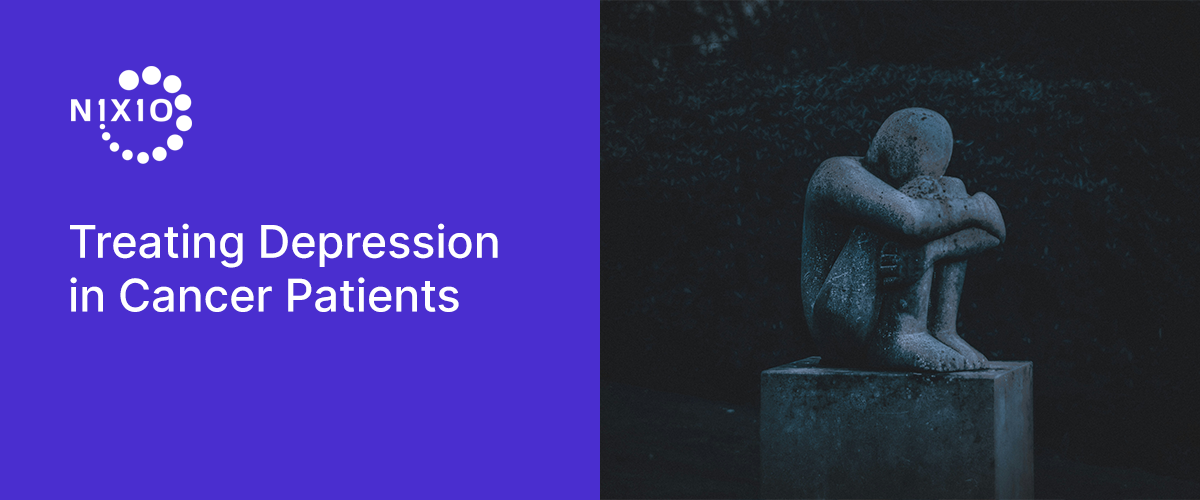Depression and anxiety are highly prevalent among cancer patients, particularly those with advanced or terminal disease. Conventional treatments—such as selective serotonin reuptake inhibitors (SSRIs) and psychotherapy—often fall short in this population due to delayed onset of action, side effects, or limited efficacy in addressing existential suffering.
With advancements in cancer treatment and an aging population, the incidence of cancer-related psychological decline is expected to rise in the coming years. Consequently, identifying effective interventions to mitigate the psychosocial impact of cancer is increasingly important.
The psychological sequelae of cancer include uncertainty about prognosis, bodily deterioration, treatment-induced adverse effects, phobias, and emotional distress. Cancer treatments can lead to long-term negative outcomes, and psychological distress has been shown to impair immune surveillance of tumors and chronically activate the hypothalamic-pituitary-adrenal (HPA) axis, which regulates stress responses. The persistent activation may increase the risk of cancer recurrence and mortality. Older adults with comorbidities, frailty, and reduced physiologic reserve are particularly vulnerable to both the disease and its treatments. Addressing the psychological impact of cancer is therefore crucial to improving quality of life and clinical outcomes.
Randomized clinical trials have shown that exercise therapy, (1) defined as physical activity exceeding routine daily functions, has a positive impact on the well-being of cancer patients. Mind-body interventions, including yoga, tai chi, and qigong, have been shown to alleviate symptoms like depression, anxiety, nausea, fatigue, and insomnia, as well as to reduce chemotherapy-related adverse effects—ultimately improving quality of life.
A recent phase 2 trial (2) demonstrated significant antidepressant effects from a single 25 mg dose of psilocybin combined with psychotherapy. Psilocybin is a naturally occurring psychedelic compound found in mushrooms of the Psilocybe genus. Growing evidence supports its efficacy in treating conditions such as major depressive disorder, treatment-resistant depression, anxiety, substance use disorders, and cancer-related depression. (3)
Psilocybin’s effects are primarily mediated by its active metabolite, psilocin, which binds to serotonin receptors, particularly the 5-HT2A receptor subtype. Despite historical stigma, classic psychedelics are considered physiologically safe when administered in controlled, supervised settings. Unlike many conventional medications, they are not associated with organ toxicity or long-term neuropsychological damage. Common transient side effects may include dizziness, tremors, nausea, or blurred vision, but these typically occur at higher doses than those used in therapeutic protocols. In contrast, opioid analgesics—often prescribed for cancer-related pain—carry well-documented risks such as respiratory depression, sedation, constipation, nausea, motor and cognitive impairment, and dependence.
The combined use of exercise therapy, psilocybin and psychotherapy may represent a paradigm-shifting approach to treating depression in cancer patients. While more research is needed to confirm long-term efficacy and safety, this integrative model offers a promising alternative to traditional antidepressants.


